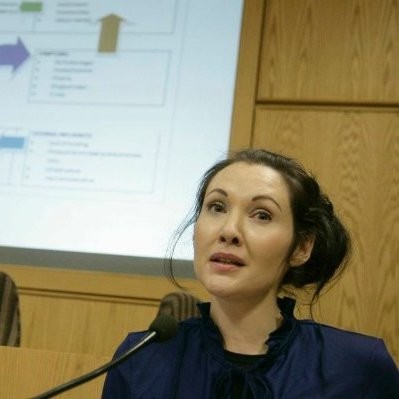The Role of Social Support Systems in Enhancing Mental Health in Women Experiencing Postpartum Depression
Keywords:
Postpartum depression, social support, , family support, peer networks, professional healthcare, , mental healthAbstract
Objective: The objective of this study was to explore the role of social support systems in enhancing the mental health of women experiencing postpartum depression (PPD) in Tehran.
Methods and Materials: This qualitative study employed a phenomenological approach to investigate the lived experiences of 24 women diagnosed with postpartum depression. Participants were selected through purposive sampling, and data were collected using semi-structured interviews. Theoretical saturation was achieved after 24 interviews, ensuring a comprehensive understanding of the topic. The data were analyzed thematically using NVivo software, following Braun and Clarke’s (2006) six-step process for thematic analysis. The study focused on the influence of family, peer, and professional support on mental health outcomes.
Findings: The findings revealed that social support played a critical role in alleviating postpartum depression. Family support, particularly from spouses and parents, was identified as the most significant factor in reducing depressive symptoms. Peer support networks provided emotional validation, while professional mental health services contributed to managing severe symptoms. However, many participants faced barriers in accessing professional help, particularly during the COVID-19 pandemic. Physical activity was also found to be a mitigating factor for PPD, though participants cited challenges in maintaining regular exercise.
Conclusion: This study underscores the importance of comprehensive social support systems in enhancing the mental health of women with postpartum depression. Family involvement, peer networks, and professional healthcare services are vital in mitigating the impact of PPD. Healthcare providers should prioritize culturally sensitive, accessible mental health services to address the needs of postpartum women, particularly in times of crisis.
Downloads

Downloads
Additional Files
Published
Submitted
Revised
Accepted
Issue
Section
License
Copyright (c) 2024 Fatemeh kahaki (Author)

This work is licensed under a Creative Commons Attribution-NonCommercial 4.0 International License.


















